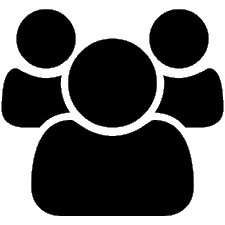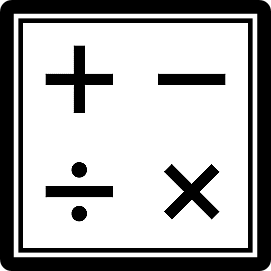Internet browsers save copies of downloaded web pages and their images. This allows for faster loading of a page on future visits because the files that make up the page are already downloaded and stored. As time passes, the folder containing these files can become full and cause a decline in browser performance. Clearing these files periodically will help to keep your web browser functioning at peak performance levels.
Essential elements of the browser file storage are the following:
- History is a list of web pages you have visited
- Cache (also known as Temporary Internet Files) stores all Internet sites you visit on your computer for quicker access later or for viewing offline. This includes images and text.
- Cookies are small files left on your computer by websites to remember your preferences when you return. Many sites require that you enable cookies (EX: bank and credit unions sites). If cookies are disabled, you will not be able to access these sites.
Clearing cache and cookies removes unnecessary Internet files that are stored on the computer. While the initial storing of the files enables the browser to respond quicker, excessive cache and cookies may inhibit the proper loading of web pages.
For additional information on clearing cache, cookies, and history in a Internet browser, please see the Related Articles section to the right.


